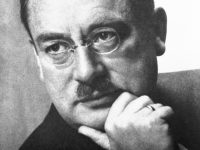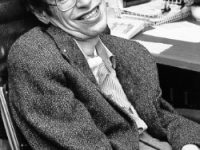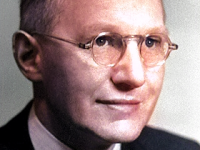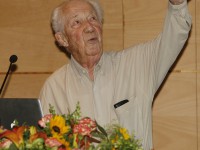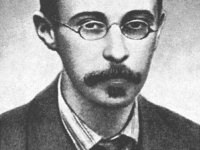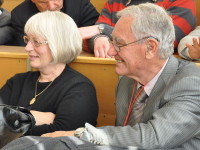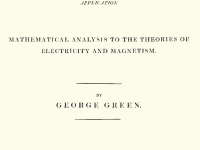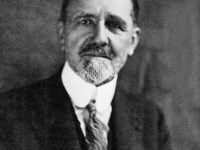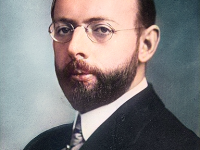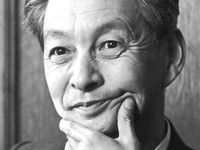Peter Debye – Dipole Moments, X Rays, and Light Scattering
On March 24, 1884, Dutch-American physicist and physical chemist Peter Joseph William Debye was born. Debye’s investigations of dipole moments, X rays, and light scattering in gases brought him the 1936 Nobel Prize in Chemistry. Most of his work was in chemical-physics with special interest in electrolytes and dipolar momentum analysis. He established a theory of specific heat with some improvements on that proposed by Einstein.[5] “If a problem is clearly stated,…
Read more

